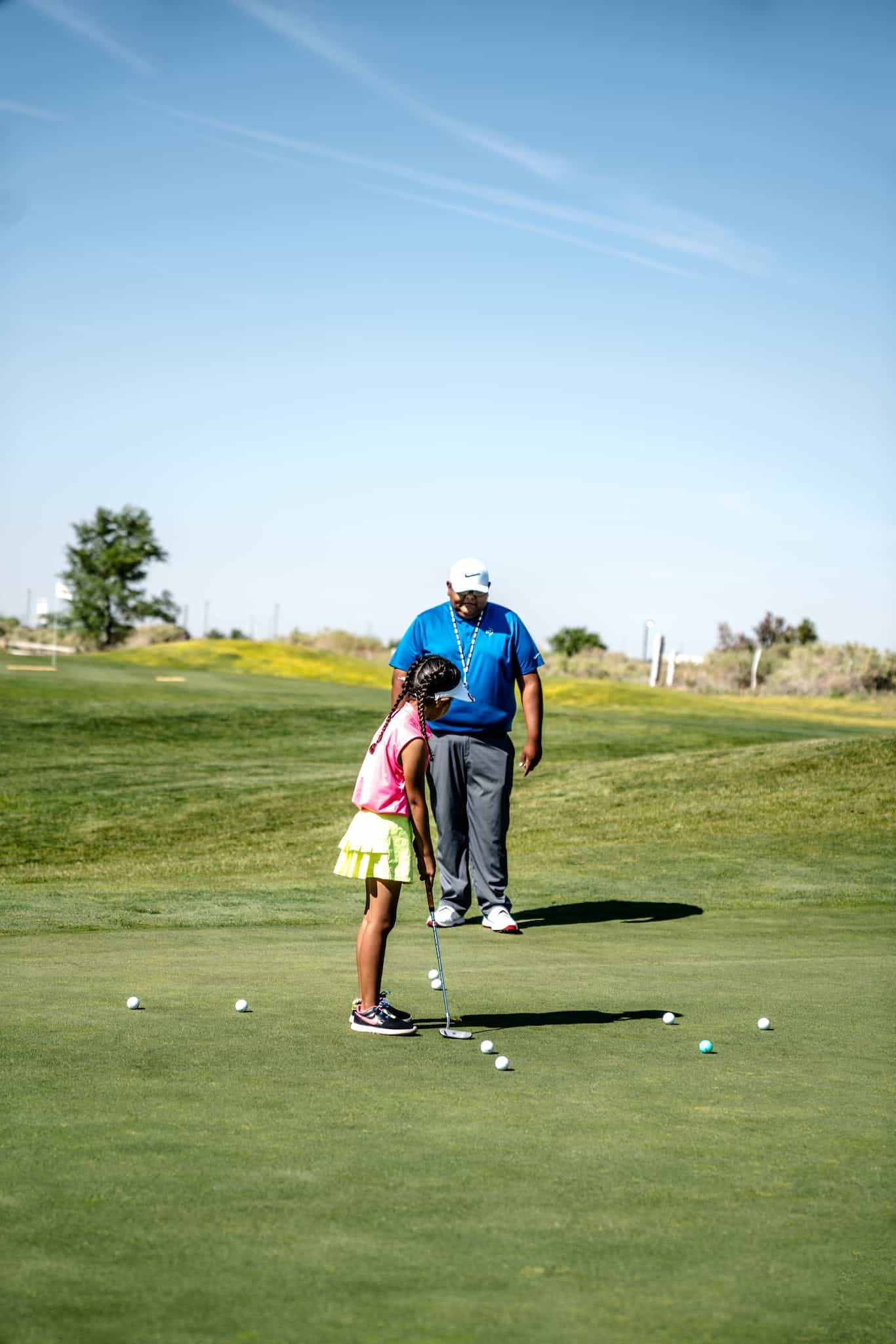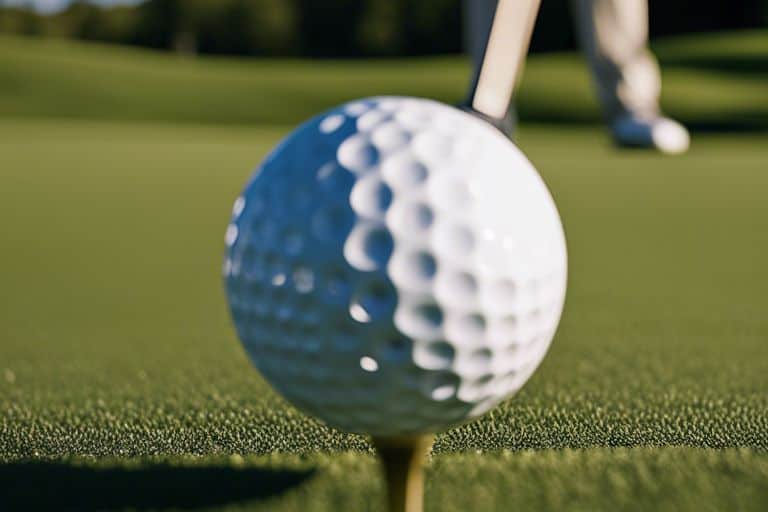What are some helpful tips for managing nerves on the golf course as a beginner?
As a novice on the golf course, I’ve personally experienced the overwhelming nerves that can come with teeing off in front of an audience. Managing these jitters is crucial to playing to your full potential. I’ve found that focusing on proper breathing techniques and mentally planning my shots ahead of time can make a world of difference.
Additionally, visualizing successful shots and maintaining a positive attitude are key strategies for keeping nerves at bay. With practice and patience, I believe these tips can help any beginner feel more confident and in control on the golf course.
Key Takeaways:
- Understand the importance of relaxation: As a beginner, it’s crucial to recognize that nerves are a natural part of the game. Learning relaxation techniques, such as deep breathing and visualization, can help to calm your nerves and improve your performance on the course.
- Focus on the process, not the outcome: Instead of getting caught up in the score or the potential for mistakes, concentrate on the present moment and the mechanics of your swing. By shifting your focus to the process, you can alleviate some of the pressure and nerves that come with the game.
- Develop a pre-shot routine: Establishing a consistent pre-shot routine can help to build confidence and reduce nerves. By going through the same motions before each shot, you can create a sense of familiarity and control, which can be calming and beneficial for your game.
Preparation Strategies
Clearly, one of the most effective ways to manage nerves on the golf course as a beginner is to be well-prepared. This means familiarizing yourself with the golf course etiquette, developing pre-game routines, and using mental rehearsal techniques to calm your nerves before stepping onto the course.
Familiarizing with Golf Course Etiquette
Before heading to the golf course, it’s important to familiarize yourself with the basic golf course etiquette. This includes knowing the rules of the game, understanding the dress code, and knowing how to conduct yourself during a game. By understanding and following the etiquette, you can feel more confident and less nervous about making mistakes on the course.
Pre-Game Routines and Mental Rehearsal
Developing pre-game routines can help you feel more grounded and focused before you start playing. This might include a warm-up routine, visualization techniques, or calming exercises to help manage nerves. I find that taking a few deep breaths, visualizing successful shots, and reminding myself to stay focused on the present moment can help calm my nerves and set a positive tone for the game.
On-Course Techniques
Some helpful on-course techniques can be used to manage nerves and improve your performance as a beginner golfer. These techniques are designed to help you stay calm and focused, leading to better shots and an overall more enjoyable experience on the course.
Breathing Exercises for Relaxation
When I am feeling nervous on the golf course, I find that taking a few moments to focus on my breathing can make a world of difference. Deep, slow breaths help to calm the mind and relax the body, allowing me to approach each shot with a clear head and steady hands. Try taking a deep breath in for a count of four, holding for a count of four, and then releasing for a count of four. Repeat this several times, and you will likely notice a decrease in your overall tension and anxiety.
Focusing on the Present Shot
One of the most important things I have learned as a beginner golfer is the value of focusing on the present shot. It’s easy to get caught up in worrying about past mistakes or future outcomes, but doing so only serves to distract you from the task at hand. Instead, I have found it helpful to concentrate on the current shot and nothing else. By narrowing my focus to the present moment, I am able to block out any negative thoughts and give my full attention to the shot in front of me. This has led to a noticeable improvement in my overall performance on the course.
Practical Skills Development
To effectively manage nerves on the golf course as a beginner, it is crucial to focus on practical skills development. This involves honing your technical abilities and mental fortitude to navigate the challenges of the game. By prioritizing the improvement of your golfing skills, you can increase your confidence and reduce anxiety during play.
Mastery through Gradual Progression
When it comes to developing your golfing skills, it is important to embrace gradual progression. Instead of aiming for perfection right from the start, focus on making steady improvements in your game. Start by mastering the basic techniques such as gripping the club correctly, maintaining proper posture, and executing a smooth swing. As you become more comfortable with these fundamental skills, gradually introduce more advanced techniques and strategies into your game. This approach allows you to build a strong foundation and avoid becoming overwhelmed by the complexities of the game.
Embracing Mistakes as Learning Opportunities
One of the keys to managing nerves on the golf course is to embrace mistakes as learning opportunities. Every golfer, regardless of skill level, makes mistakes during play. Instead of letting these errors demoralize you, use them as valuable learning experiences. Analyze your mistakes, identify areas for improvement, and make adjustments to your game. This positive mindset shift not only helps you grow as a golfer but also lessens the pressure you feel when facing challenging shots.
Additional Resources
Lastly, I want to provide you with some additional resources that can help you manage your nerves on the golf course as a beginner. These resources can provide further guidance and support as you work on improving your mental game and overall performance on the course.
Recommended Readings for Mindset Growth
One of the best ways to manage your nerves on the golf course is by developing a strong mindset. There are several books that I highly recommend for beginners looking to improve their mental game. One such book is “Golf is Not a Game of Perfect” by Dr. Bob Rotella. In this book, Dr. Rotella shares valuable insights and strategies for developing a positive mindset on the course. Another great read is “Fearless Golf” by Dr. Gio Valiante, which offers practical advice for overcoming anxiety and playing with confidence. These books can provide you with the tools and techniques you need to manage your nerves and perform at your best.
Engaging with the Golf Community
Engaging with the golf community can also be incredibly beneficial for managing nerves as a beginner. Whether it’s joining a local golf club, participating in tournaments, or connecting with other golfers online, surrounding yourself with like-minded individuals can provide you with invaluable support and encouragement. You can learn from the experiences of others, gain new perspectives, and receive guidance on overcoming nerves from those who have been in your shoes. Additionally, being part of a community can help you stay motivated and committed to improving your game, which can ultimately help reduce your nerves on the course.
Conclusion
Upon reflecting on these helpful tips for managing nerves on the golf course as a beginner, it is clear that developing a pre-shot routine, focusing on your breathing, and practicing relaxation techniques can greatly improve your mental game. By building confidence through consistent practice and preparation, you can effectively combat nerves and play to the best of your ability. Remember to trust your ability and stay positive, and with time and experience, your nerves will become less of a challenge.






